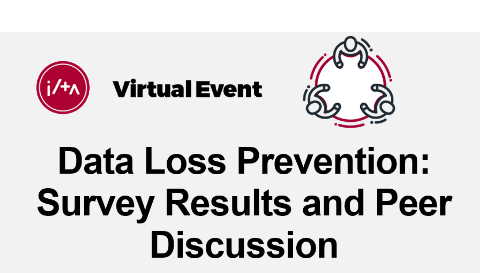Conflicts News — Former Clients Fighting Firms (One Estoppel Claim Stopped, One Slow Ex-client Slighted)
Posted on
“Appeals Court Reinstates Ex-Client’s Malpractice Case Against Archer & Greiner” —
- “A New Jersey appeals court has reinstated a legal malpractice case against Archer & Greiner over a suit it filed against an ex-client. At issue is a potential conflict between Archer & Greiner’s representation of Engine Distributors Inc. from 2005 to 2007 and its present representation of the wife of the company’s former president and chief shareholder in divorce proceedings. Engine Distributors filed a malpractice suit against Archer & Greiner after a judge granted the law firm’s motion to make that company a party in the divorce.”
- “The case illustrates the hazards a law firm can face when it agrees to represent a party in a dispute with one of the firm’s former clients.”
- “But the appeals court panel of Judges Ellen Koblitz, Mary Gibbons Whipple and Hany Mawla reversed, finding that collateral estoppel did not apply, that the Family Part judge did not adjudicate the conflict-of-interest issue, and that the judge left open the possibility that the Law Division could conclude there was a conflict of interest.”
- “Indeed, the Family Part judge left open the possibility that the Law Division judge’s adjudication of the issue could conclude there was a conflict of interest. For these reasons, collateral estoppel did not apply, the panel said.”
“Ex-Client Gave Up Chance To DQ Brach Eichler, NJ Panel Says” —
- “The panel overturned the court’s Nov. 1 order disqualifying Brach Eichler and firm attorney Bob Kasolas as counsel for entities owned by Dimitrios Prassas in an action against them by Brian Delaney, who claimed Prassas and ex-partners Owen Dykstra and Doug Dykstra misappropriated Delaney’s capital contributions to their former business venture.”
- ‘”Since the firm and Kasolas previously represented Delaney with respect to issues that are ‘relevant and material here’ and they ‘have been privy to issues which bear on the instant litigation,’ Delaney had grounds to seek their disqualification, the panel said.”
- “However, in applying the test set forth in the New Jersey federal court’s 1993 opinion in Alexander v. Primerica Holdings Inc. , the two-judge panel concluded that Delaney waived his right to disqualify them by not challenging their representation in earlier litigation between the parties.”
- “‘Delaney has been constantly involved in litigation in various forms against Prassas, the Dykstras, and their related business entities regarding essentially the same dispute, and never before moved to disqualify Kasolas and Brach Eichler,’ the panel said.”








